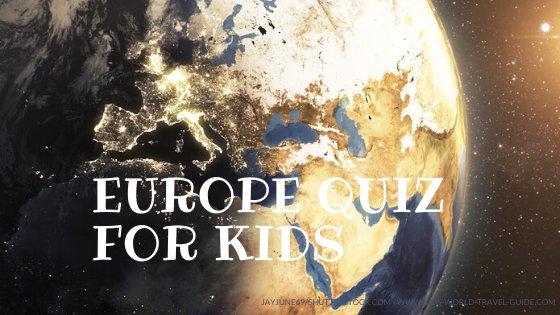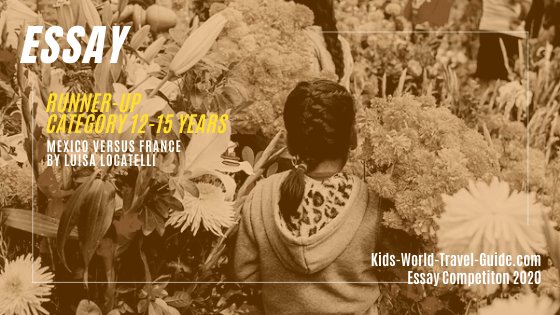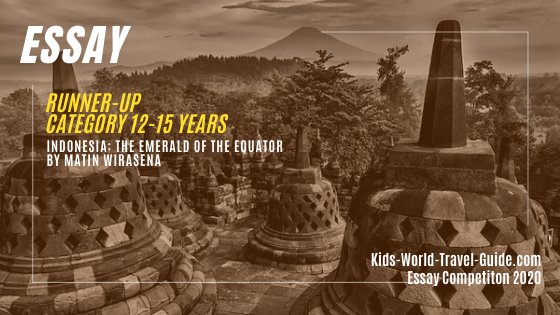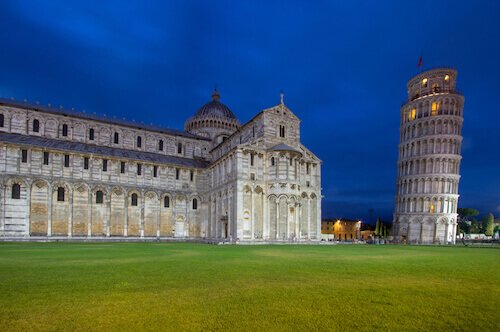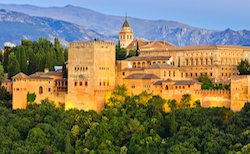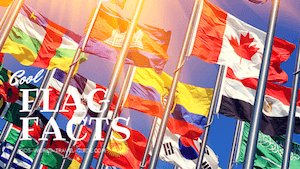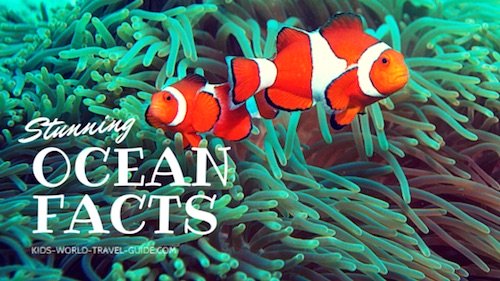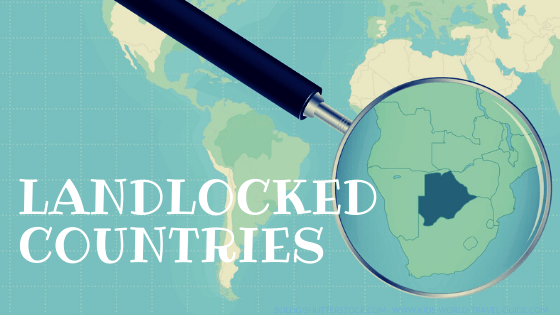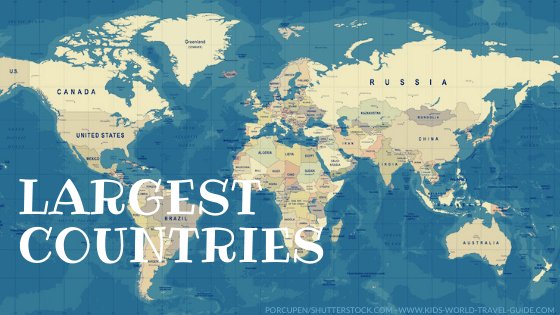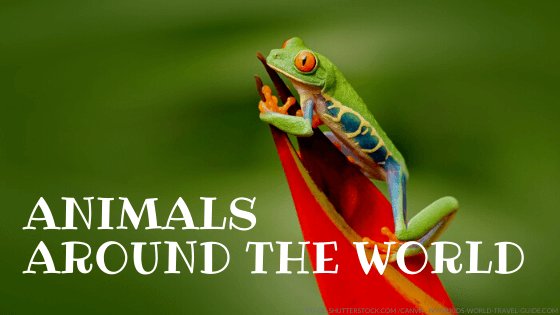Romanies in Poland

Commended Entry: "Romanies in Poland" by Alina Kiedos from Poland
This article was submitted in the Kids World Travel Guide Essay Competition 2020 in the Senior Category 12-15 years.
Romanies in Poland
Mahatma Gandhi said "Our ability to reach unity in diversity will be the beauty and the test of our civilisation".
As Poland is a very diverse country, I totally agree with that. We have a lot of ethnic groups but I would like to introduce and focus on only one of them – Romanies.
Some time ago I met a girl whose name was Gala. She was Romani and only for that reason she was shunned by some people. I guess, they just didn't want to know her better. I was lucky enough to make friends with her. Gala was extremely friendly and helpful. She often helped me when I was down and she cheered me up. Learning was her hobby. She asked a lot of „Wh” questions about Polish and English language, history, geography and psychology.
Romanies are also very musical people. They are into singing and dancing. The prime example is Viki Gabor who is Romani and lives in Poland. She is the youngest singer in my country who won Junior Eurovision Song Contest one year ago. Her life passion is music which runs in the family for her sister Melissa composes music, her parents play in a folk band and her mother is a professional singer.
Romanies came to Poland in the 16th century. They were viewed as colourful birds for their customs and traditions were thoroughly different from ours. Colourful but still strangers. People tend to judge negatively other individuals if they don't know and trust them. That is why the Romani people were accused of crimes such as pickpocketing. Sometimes, I presume, it was true but it wasn't often enough to stereotype anyone.
The members of this ethnic group believe that the universe is divided into what is clean and what is dirty. The Romani people are clean because they obey their rules and strangers are dirty because they don't follow the Romani laws. The list of dirty things is endless: rodents, reptiles, liquid that comes from the body and things after touching the ground or mouth. In order not to become dirty themselves, they have a ritualistic manner of washing the dishes. First, they wash cups and cutlery in the cleanest water because they have a direct contact with the mouth. The last thing they wash are pots for they have no contact with the body. It is easy to become dirty if you don't follow these rules and to become separated from the society. If you get sick, everyone would think that you had been talked or thought about another sick person without sympathy and that is why you caught the illness yourself.
The Romani people certainly know how illnesses are spread but they are not interested in that. They focus on „why” not „how”. They avoid not only dirty things but also their names. That is why they don't have some words in their dictionaries or they don't use some of them for instance „rats”. Instead of that they use the word: „things” or „long things”. Interesting, isn't it?
If we don't judge but we observe, read, think, talk with other people, everything can become attractive.
Various ethnic groups build the society and if they respect each other, understand their own traditions and customs, there is a chance that what Gandhi said will come true: we will become unity in diversity.

Thank you for the excellent essay "Romanies in Poland", Alina. You are so right, let's observe, learn and communicate instead of judging others who we deem strange! Mutual respect opens doors! And then we will realise that we are all one, one humankind! Well done!
Alina Kiedos attends English language classes at the English Language Studio in Poland.
Popular Pages
Romanies in Poland - Useful Resources
- Central Intelligence Agency. "Poland" WorldFactbook. Last updated 24 November 2020.
- Our Poland country page will be added soon. Keep this page bookmarked and let us know if you want to join in and share your insider tips.
Competition 2020 Essays
Recent Articles
-
Varanasi: Where Streets Carry Centuries of Memory | Essay | India
Jan 15, 26 11:15 AM
Varanasi: Where Streets Carry Centuries of Memory - Essay by Avni Singh from Gujarat/ India -
Finland Facts for Kids | Finland for Kids | Geography | Attractions
Jan 13, 26 07:17 AM
Our Finland Facts for kids will provide information about geography and geo superlatives, people and culture, landmarks, food, economy, animals and more -
Landmarks in South America | South America geography | Key Stage 2
Jan 12, 26 10:11 AM
Our Top 20 Landmarks in South America will inform about natural attractions and fascinating natural landmarks that attract thousands of visitors every year -
South America Facts for Kids | Geography | Attractions | People | Food
Jan 08, 26 08:36 AM
South America Facts for Kids: 12 countries, 3 dependencies, lots of interesting superlatives and fun facts about the South American continent -
Venezuela for Kids | Venezuela Facts for Kids | Geography | Landmarks
Jan 07, 26 07:33 AM
Our Venezuela for Kids page provides important facts about Venezuela, the country and people, animals, geography superlatives, economy and so much more -
Eswatini Facts | Africa | Facts about Eswatini | Geography | Swaziland
Jan 06, 26 06:28 AM
Our Eswatini Facts for Kids will provide information about the landlocked country in southern Africa with information about geography, people, food, animals -
Top 10 Famous Landmarks in the World | Most Famous Man-Made Monuments
Jan 05, 26 06:40 AM
These are the Top 10 famous landmarks and most recognisable man-made monuments in the world: Taj Mahal, Great Wall of China, Pyramids of Giza, ... Read more. -
German Christmas Markets 2025 | Christmas in Germany | Travel | Family
Dec 11, 25 07:32 AM
These 10 Wonderful German Christmas Markets with unique family attractions and cheerful atmosphere will be fun to visit with your family this year
Go back from Moldova to Kids-World-Travel-Guide Homepage

